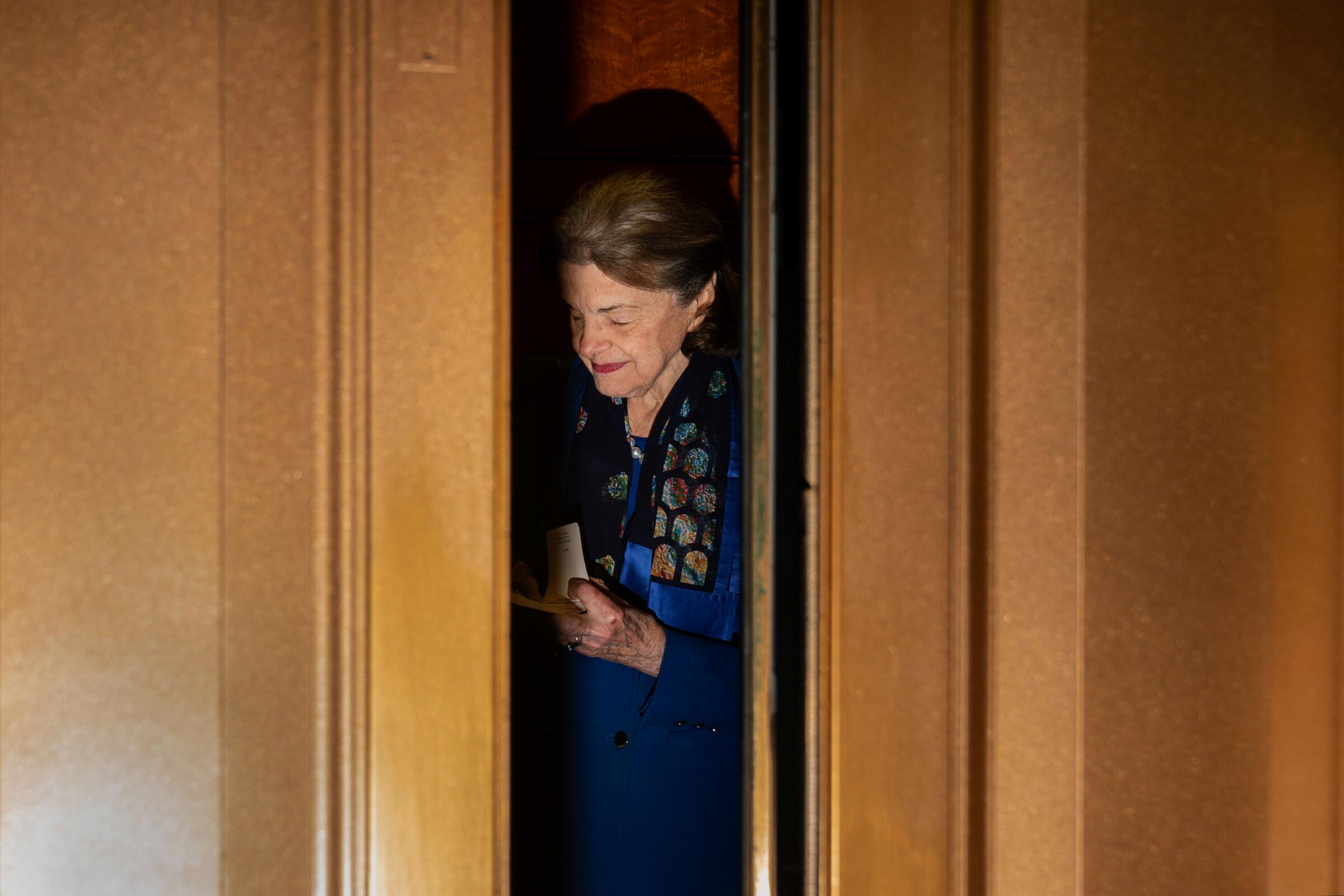Sign up for Essential California
The most important California stories and recommendations in your inbox every morning.
You may occasionally receive promotional content from the Los Angeles Times.
Kwasi (Kway-see) Gyamfi Asiedu was a 2022-23 reporting fellow at the Los Angeles Times. He is from Accra, Ghana. He came to The Times from Protocol, where he covered tech policy and climate. Previously, he covered global religion news at the Associated Press in New York. Before that, he was a freelance journalist in Accra covering social justice, health, and environment stories for international media. His reporting has been published by the New York Times, CNN, Al Jazeera English, Quartz, the Guardian, Public Radio International and more. He has a master of science degree from Columbia University’s Graduate School of Journalism and a bachelor of arts from the Ghana Institute of Journalism. He is at his happiest when the Black Stars are winning.
Seema Mehta is a veteran political writer who is covering the 2024 presidential race as well as other state and national contests. She started at the Los Angeles Times in 1998, previously covered multiple presidential, state and local races, and completed a Knight-Wallace fellowship at the University of Michigan in 2019.










